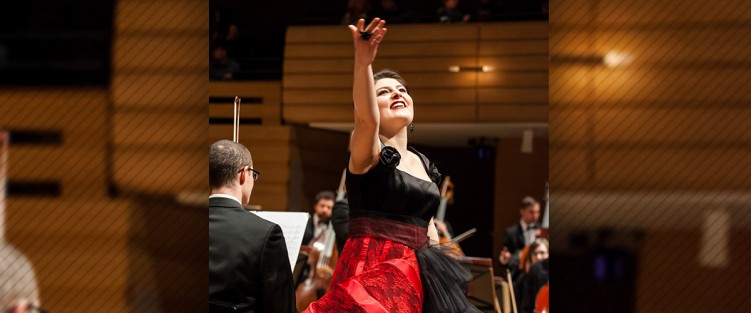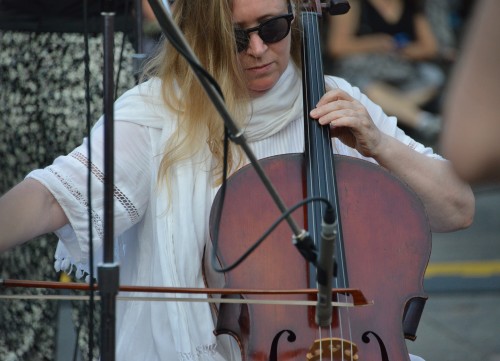Digitally Aided Rehearsals and Reminiscences
 This month’s column is a very different perspective on the current status of music in our part of the world. There is no point in discussing in generalities the coronavirus pandemic. We have heard enough about it. As a columnist friend, Roger Varley, who writes for Cosmos, a weekly community newspaper in Uxbridge, recently remarked, “It’s rather like going to a Luciano Pavarotti concert only to hear him sing Nessun Dorma over and over again for two hours.” Instead, let’s have a more specific look at how this pandemic is affecting our musical world, starting by dividing our musical world into two groups: performers and listeners (with, hopefully, almost all performers being listeners to forms of music other than that which they perform). The coronavirus has forced us all into quarantine.
This month’s column is a very different perspective on the current status of music in our part of the world. There is no point in discussing in generalities the coronavirus pandemic. We have heard enough about it. As a columnist friend, Roger Varley, who writes for Cosmos, a weekly community newspaper in Uxbridge, recently remarked, “It’s rather like going to a Luciano Pavarotti concert only to hear him sing Nessun Dorma over and over again for two hours.” Instead, let’s have a more specific look at how this pandemic is affecting our musical world, starting by dividing our musical world into two groups: performers and listeners (with, hopefully, almost all performers being listeners to forms of music other than that which they perform). The coronavirus has forced us all into quarantine.
Performers
The regulations now in effect, affect music makers in several ways. First, as they stand, the laws have closed all possible locations where groups might rehearse or perform until further notice. Second, even if there were places, no groups larger than five individuals, other than those who live in the same location, are permitted to assemble. Third, all people in a group must maintain a separation of at least two metres.





